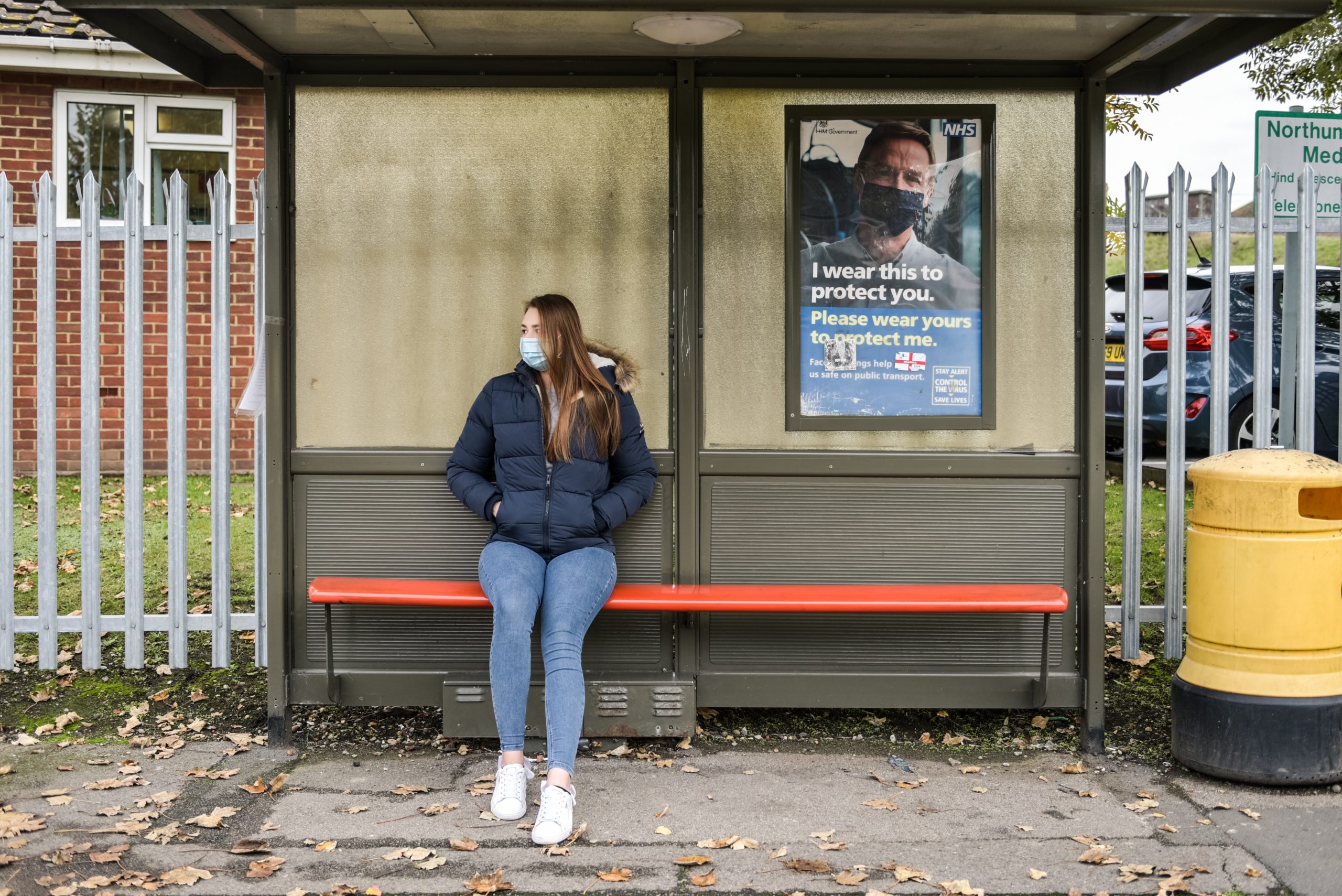Under the Agreements, which were signed by the UK and the EU and the EEA EFTA countries of Iceland, Liechtenstein and Norway, citizens from the 27 EU Member States as well as the three EEA EFTA countries have their rights to live in the UK protected so they can work, study and raise their families as they did before Brexit.
The IMA has welcomed the Home Office announcement of 6 August where it acknowledged late applicants to the EUSS would have their rights protected while they await the outcome of their applications. However, the IMA is calling on the Home Office to take further steps to clarify the situation for citizens by rectifying any legislation or guidance to reflect the changes as the lack of clear guidance may still pose a barrier to citizens accessing these rights.
While the Home Office has confirmed that the Agreements can be relied on directly, there is a real risk that late applicants and public bodies alike will not know the Agreements give them these rights. The IMA is therefore also calling on the Home Office to further promote the awareness of the rights of late applicants to ensure their rights are protected.
On 27 August 2021, the IMA expressed concerns about awareness of the Home Office announcement among public bodies and citizens. Those concerns still exist and the IMA also encourages all public bodies and relevant people, including government departments, councils, landlords, universities, employers, to recognise and drive awareness of the rights of citizens with pending and late applications and communicate clearly the ways in which people can show they have these rights.
Chief Executive of the IMA, Dr Kathryn Chamberlain said:
“Applying to the EUSS can be unsettling for many people, especially if they are applying late which is why we are calling on the Home Office to take further steps to make it clear that the Withdrawal Agreement provides rights for late applicants.
“This is an important point as it will clarify once and for all the rights that EU and EEA EFTA citizens should expect to have as well as make it clear to public bodies about the rights they should be upholding.”
The IMA continues to be in regular dialogue with the Home Office and will continue to monitor its implementation of the Agreements.
Citizens denied access to their rights by a UK body that are available under the Agreements are encouraged to contact the IMA.




